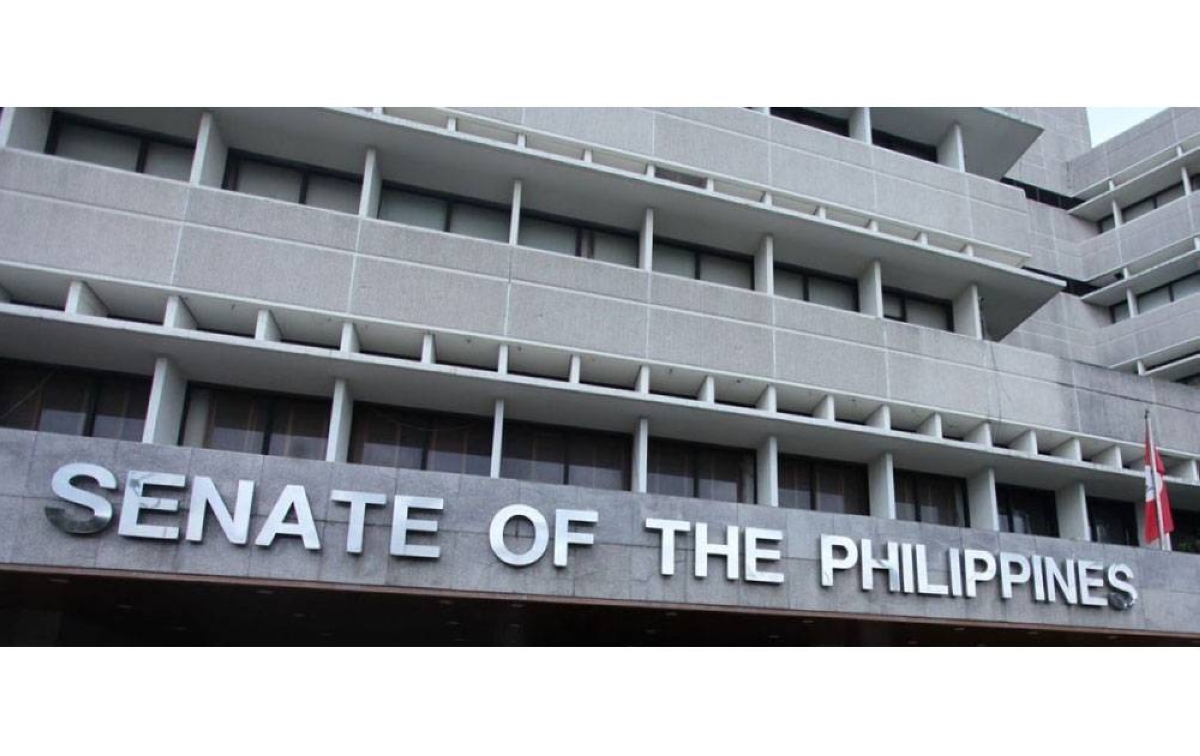The Senate Subcommittee on Resolution of Both Houses (RHB) 6, led by Sen. Juan Edgardo “Sonny” Angara, is set to hold its first hearing this week to discuss the proposed amendments to the Constitution. The aim of these amendments is to address pressing issues related to foreign ownership restrictions in public utilities, educational institutions, and the advertising industry. The subcommittee intends to strike a balance between safeguarding national interests and promoting economic growth and innovation.
RBH 6, filed on January 5 by Senate President Juan Miguel “Migz” Zubiri, Senate Pro Tempore Lorna Regina “Loren” Legarda, and Sen. Angara, specifically targets Articles 12, 14, and 16 of the Constitution. These articles have been a subject of debate for years, and the proposed amendments seek to address the concerns raised by Filipino investors and the local business community.
One of the key areas of discussion will be the impact of increasing foreign ownership of basic educational institutions on the cost and quality of education in the country. Additionally, the subcommittee will look into the effects of allowing foreigners to serve on the boards of these institutions. It is essential to consider how these changes may affect the local players in the industry and their ability to compete with foreign counterparts.
Another aspect to be examined is the impact of increasing foreign ownership in public utilities and the advertising industry. The panel aims to understand the effects of such ownership on different sectors within these industries and how it may influence the local players. Moreover, the inquiry will explore the readiness of local players in the advertising industry to compete with their foreign counterparts. The subcommittee will also deliberate on how these proposed amendments can be utilized to generate more jobs and investments.
It is worth noting that the Constitution has undergone three reiterations throughout its history. The first Charter was adopted in 1935, during the country’s Commonwealth period under the United States. It remained in effect until 1943 when it was temporarily suspended due to World War II and was restored in 1945. In 1973, a new Constitution was ratified during the presidency of Ferdinand E. Marcos Sr., establishing a presidential form of government. The current Constitution, known as the 1987 Constitution, was ratified on February 2, 1987, during the presidency of Corazon Aquino.
The House of Representatives, as conveyed by Speaker Ferdinand Martin Romualdez in a letter to Zubiri, has expressed its support for RBH 6. The House Majority Leader, Manuel Jose “Mannix” Dalipe, reminded the Senate of its commitment to approve the resolution by March. Dalipe emphasized that the House has been advocating for Charter changes, particularly in economic provisions, for over three decades. The anticipation and anxiety in the House regarding RBH 6 are high, as they expect Charter reform to finally take place during the 19th Congress.
The Senate subcommittee aims to invite a wide range of stakeholders from different sectors of society to ensure a healthy and inclusive discussion. The goal is to foster debate and gain insights from various perspectives. It is important to note that the focus of these discussions will be on the proposed amendments and their potential impact on foreign investments, rather than engaging in political debates.
The outcome of these hearings will have significant implications for the future of foreign investments in the Philippines. Striking the right balance between protecting national interests and attracting foreign investments is crucial for the country’s economic growth and development. The Senate’s commitment to review and deliberate on RBH 6 reflects their dedication to addressing these important issues and making informed decisions that will shape the future of the nation.
In conclusion, the Senate Subcommittee on Resolution of Both Houses (RHB) 6 is set to examine the proposed amendments to the Constitution. These amendments aim to address concerns regarding foreign ownership restrictions in public utilities, educational institutions, and the advertising industry. The hearings will provide an opportunity for stakeholders to voice their opinions and concerns, ensuring a comprehensive and inclusive discussion. The outcome of these discussions will play a significant role in shaping the future of foreign investments in the Philippines.







